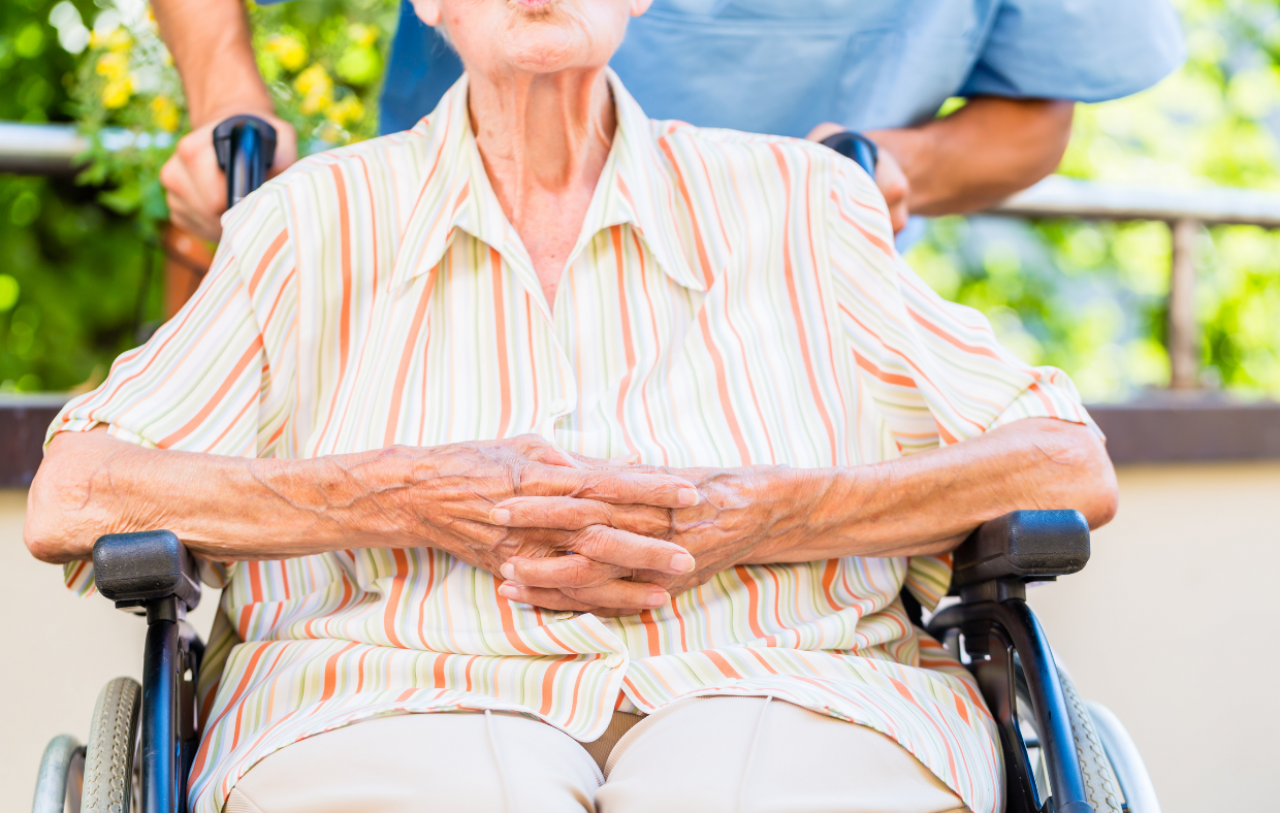In our culture, we don’t talk much about dying or the decline that comes with old age. Yet, if we live long enough, we all must go through this transition. By writing this column, I hope to share some ideas that will help you prepare just a little.
Plan Ahead
While you’re still able to make sound decisions, it is important to record your end-of-life wishes and to provide loved ones with the legal authority to support you should you become incapacitated. If you have the means to hire a lawyer to create a living trust, power of attorney, and healthcare directive, that’s fine. If not, many of these legal documents are available at no cost online. Once you complete them, you can have them notarized for a small fee. If you’re not sure what you need, contact the Mendocino County Adult and Aging Services at (707) 463-7900 or the Lake and Mendocino County Ombudsman at (707) 262-4525.
You’re Not Alone
Whether you are the one declining or their loved one, the emotional journey is difficult. It is hard to lose independence and it is hard to be the one to take it away, even when that is the right decision. The role reversal that occurs as the child becomes the caretaker and decision-maker is rarely comfortable. When a loved one begins to lose the ability to manage the activities of daily living (ADLs), activities like bathing, dressing, toileting, and eating, it is time to make some changes, but you do not have to make them alone. Although this is all new to you, your medical provider has helped countless families through the process, so do not be afraid to ask for help.
Living Arrangements
If your loved one is declining, you may wonder how to provide for their safety while helping them maintain as much independence and quality of life as possible. Living arrangements vary dramatically, both in terms of the support available and the expenses involved. There’s everything from living at home independently to living in a skilled nursing facility with 24/7 care that includes assistance with ADLs.
Most people prefer to remain at home, and as long as they have the physical and mental ability to do so, that’s great. Sometimes, older adults just need a little help—someone to cook meals, do light housekeeping, administer medications, and run occasional errands. If living at home is not practical, aging adults can get a similar level of support at an assisted living facility that provides room and board, and possibly some additional services such as laundry and housekeeping. But once it becomes clear that more support is required, it is time to consider other options, such as a skilled nursing facility, where staff can assist with more complex medical needs. Before you choose a facility, here are some things to consider.
- How much does the facility cost and what services are included for that fee? Are there extra fees for extra services?
- What do other residents and their family members say about the care?
- Is there 24/7 support for residents?
- How are staff selected and trained? Are there criminal background checks?
- Are staff educated about elder abuse? What is the reporting policy?
- At what point, if any, would the resident need to leave for a higher level of care?
Short-Term Post-Acute Care
Sometimes, people need a skilled nursing facility on a temporary basis after being hospitalized. Staying in a skilled nursing facility allows people to receive the physical therapy and occupational therapy they need for a few weeks or even a couple of months to regain their strength and stamina. Most people do not realize that a three-day hospital stay typically results in a 60-percent loss of function for older adults.
Even the strongest among us lose function when they remain in bed (or weightless in space) for three days. Did you know that the “decontamination” of astronauts in the 1960s after their space flight was actually time for them to complete their physical therapy to rebuild their muscle mass so they could walk unassisted? If astronauts in the prime of their life can lose function this quickly, imagine the challenges faced by older adults.
Remember, as difficult as this is, you are not alone. Your medical provider can help you navigate the challenges at the end of life.
Dr. Guy Teran is a primary care doctor specializing in older adult care at MCHC Health Centers—a community-based and patient-directed organization that serves Mendocino and Lake Counties, providing comprehensive primary healthcare services as well as supportive services such as education and translation that promote access to healthcare. All MCHC health centers accept Medi-Cal/Partnership HealthPlan of California, Medicare, Covered California, and other insurance. Learn more at mchcinc.org.

 MyChart Login
MyChart Login

